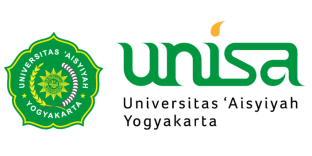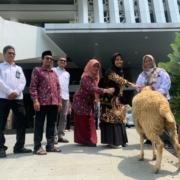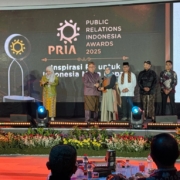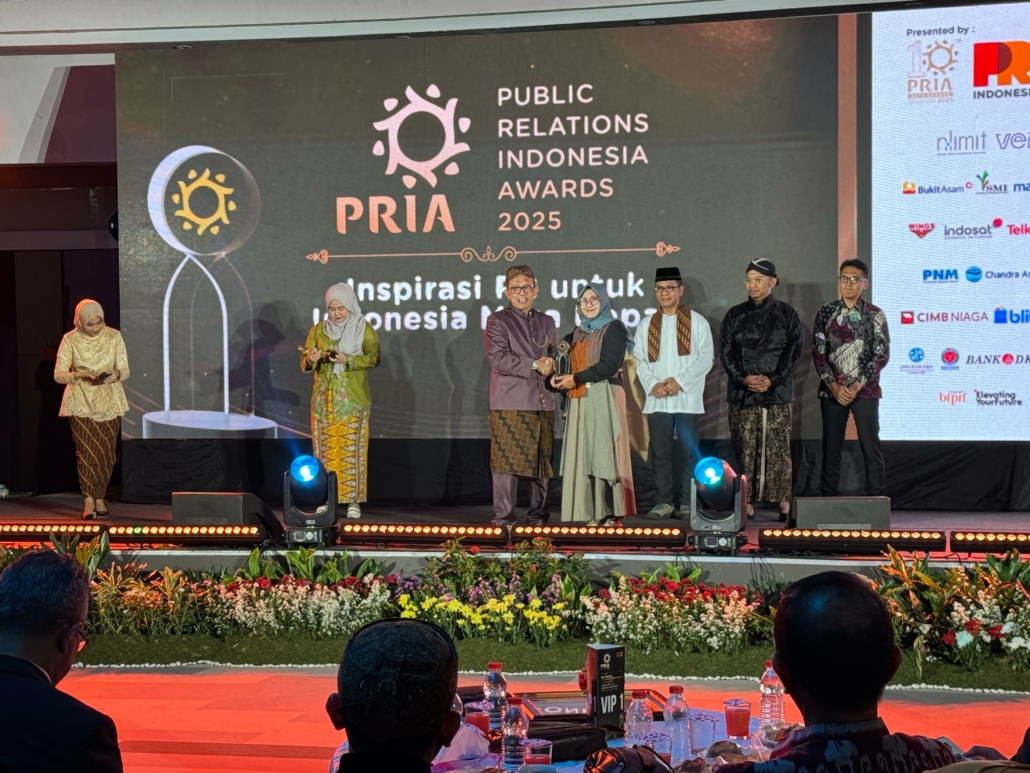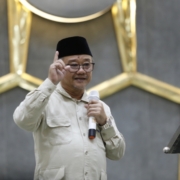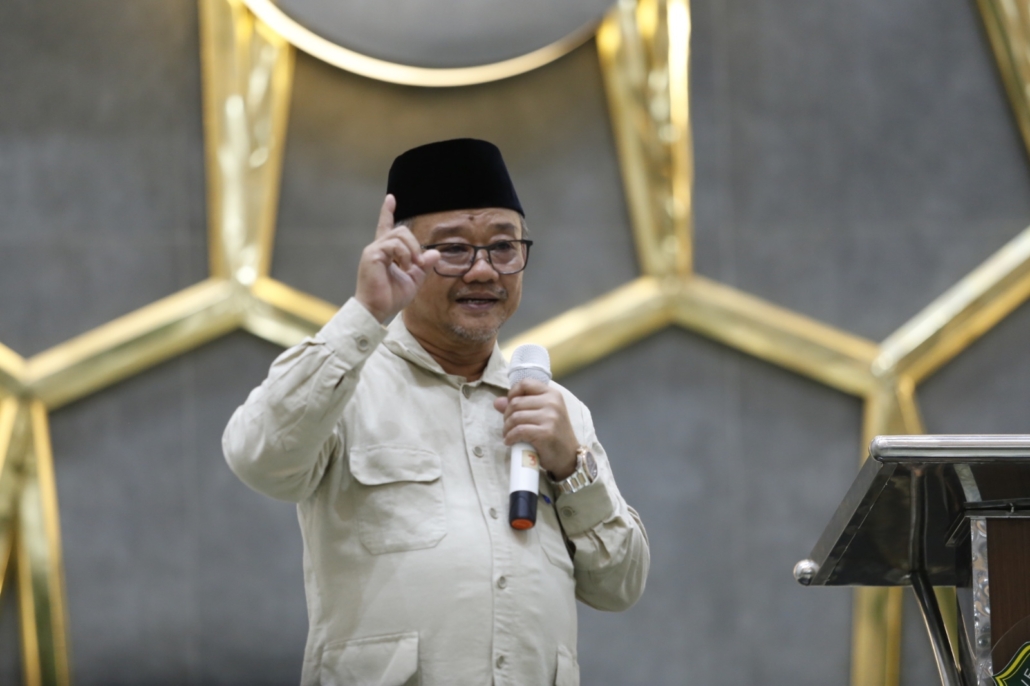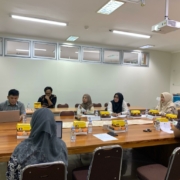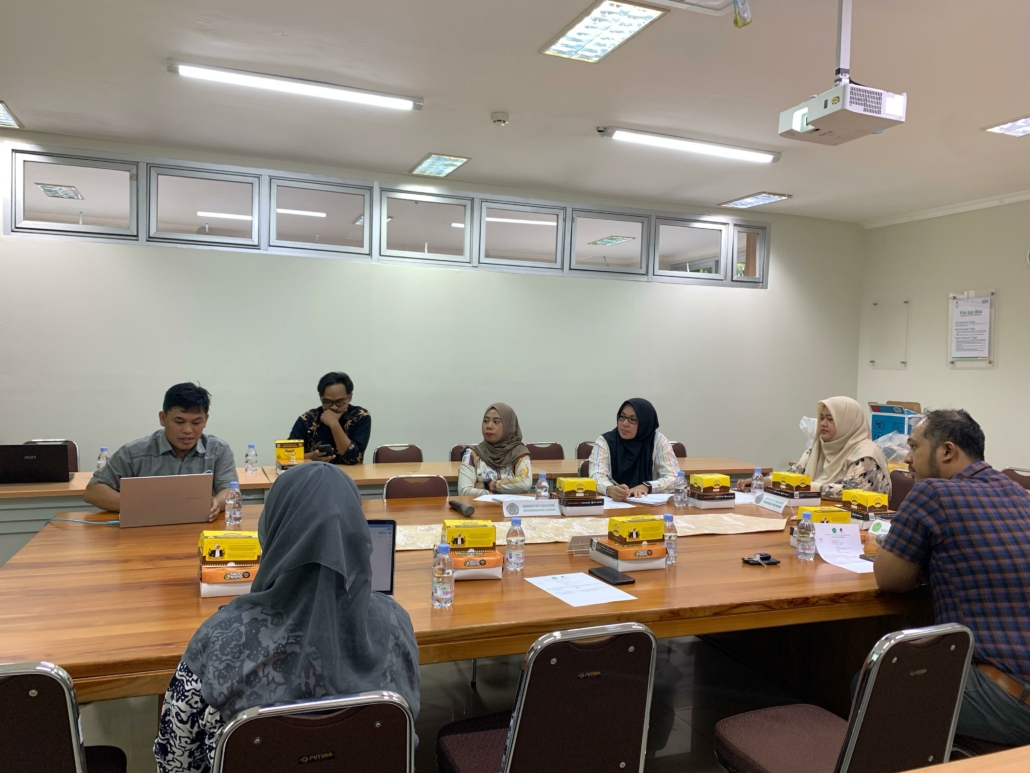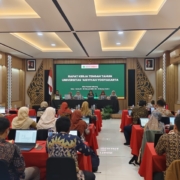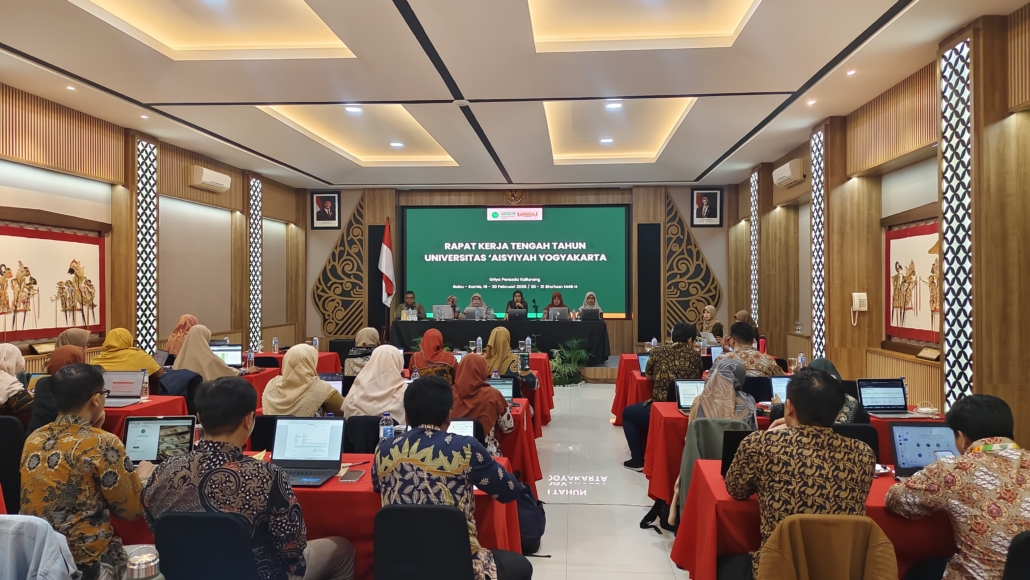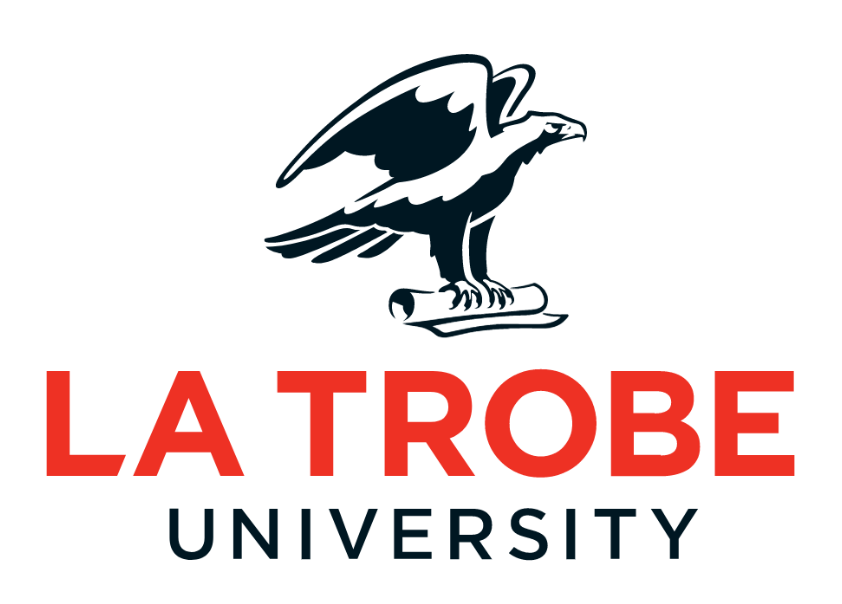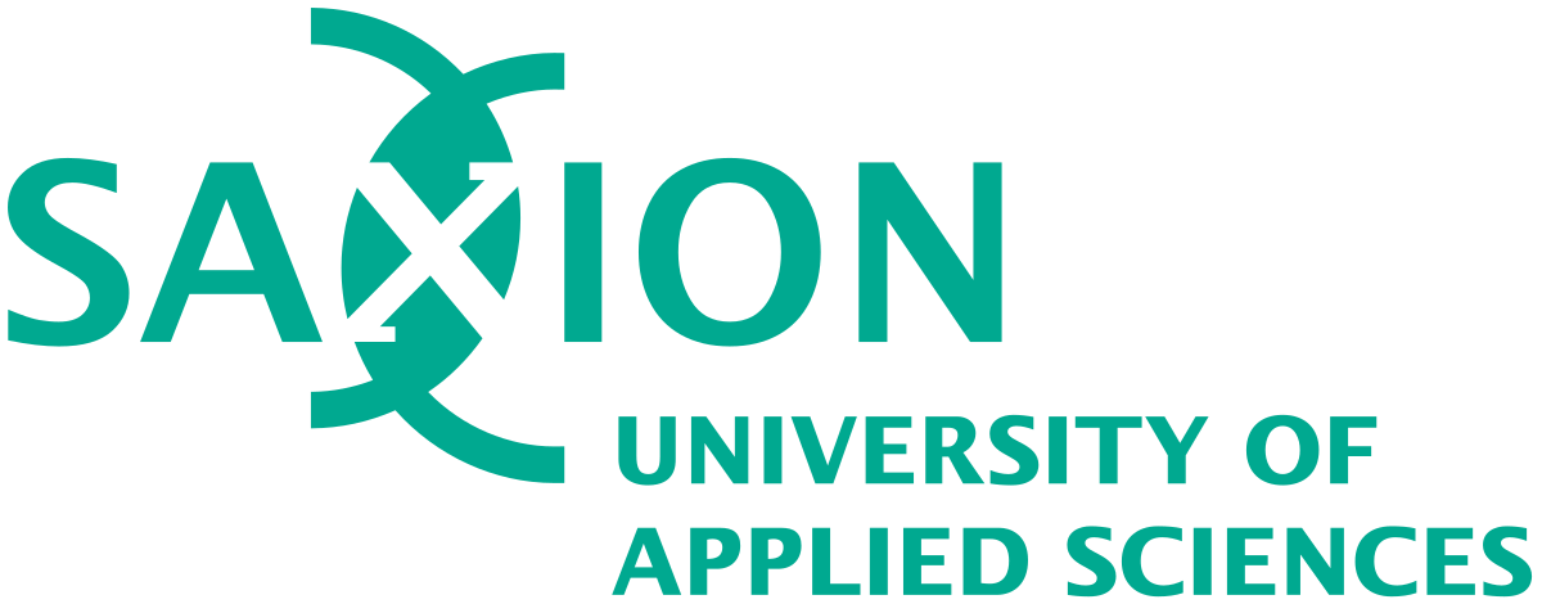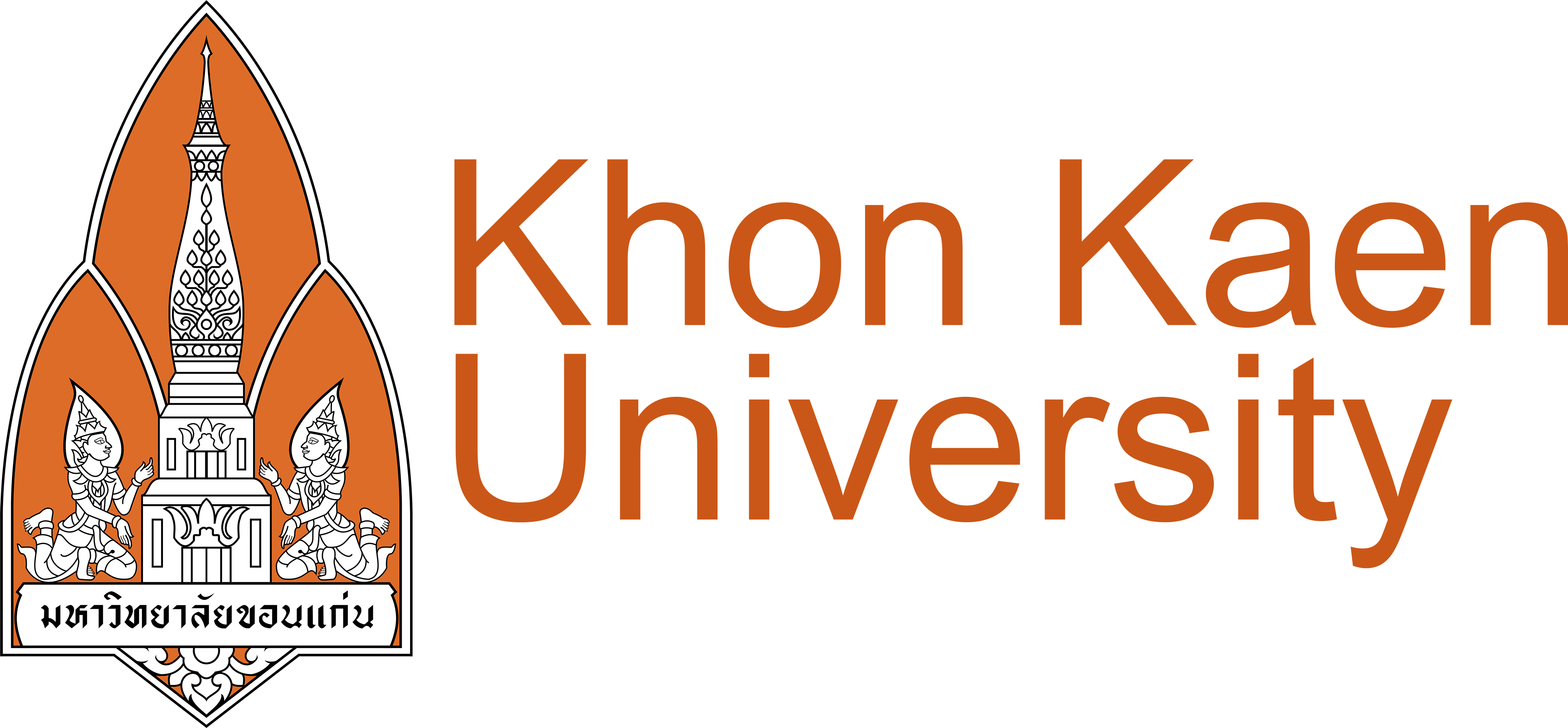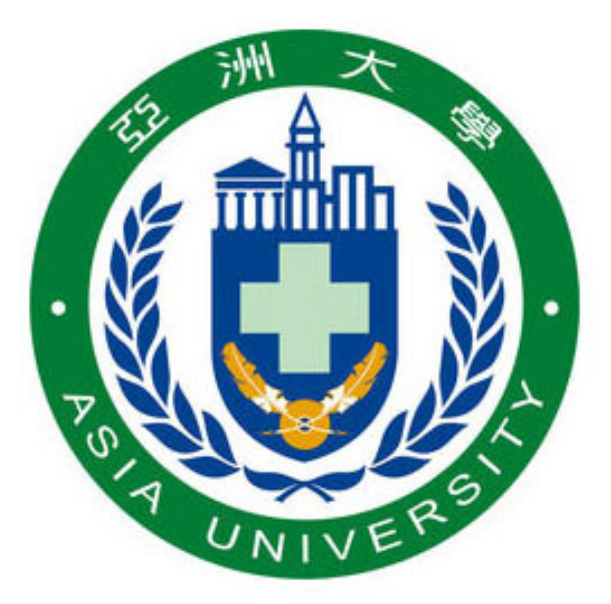News, News
Ministry of Education
Universitas `Aisyiyah (UNISA) Yogyakarta handed over four goats to four lucky recipients on Monday (03/03). The sacrificial animals were a gift from the Ministry of Primary and Secondary Education (Kemendikdasmen) in order to enliven the Tarhib Ramadhan event held at Walidah Dahlan Mosque, UNISA Yogyakarta campus.
Ministry of Education
The handover of the goats symbolizes togetherness and care in welcoming the holy month of Ramadan. The presence of Ministry of Education and Culture representatives, including the Head of the Language Development and Development Agency, the Head of the Vocational Education Quality Assurance Development Center (BBPPMPV), and a number of representatives of related agencies, added to the solemnity of the event.
Symbolically, four goats were handed over directly to the prize recipients who had been selected through a series of Tarhib Ramadhan events. The recipients looked happy and grateful to receive the gifts, which are expected to benefit them and their families in welcoming Ramadan.
Vice Rector III of UNISA Yogyakarta, Prof. Mufdlilah, S.SiT., M.Si expressed her deep gratitude to the Minister of Primary and Secondary Education, Prof. Dr. Abdul Mu’ti, M.Ed., for the gifts given.
“We are very grateful for the support and attention of the Ministry of Education and Culture towards religious activities at UNISA Yogyakarta. This gift is not just a goat, but also a form of motivation for Tarhib Ramadhan participants to further increase faith and piety in this blessed month,” said Mufdilah.
The Tarhib Ramadhan event itself is an annual event organized by UNISA Yogyakarta in order to welcome the arrival of the month of Ramadan. The series of events include religious studies, joint prayers, and other social activities.
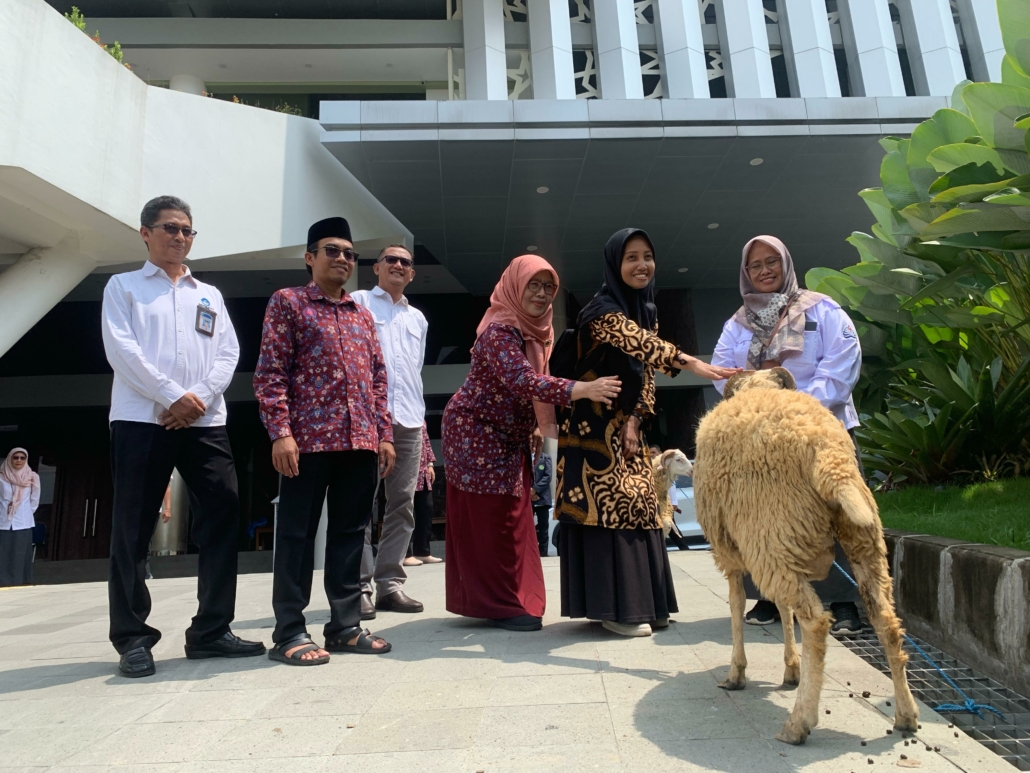
Tags: aisyiyah, banggamenjadiunisa, beunisa, kemendikdasmen, ramadhan, unisayogya
